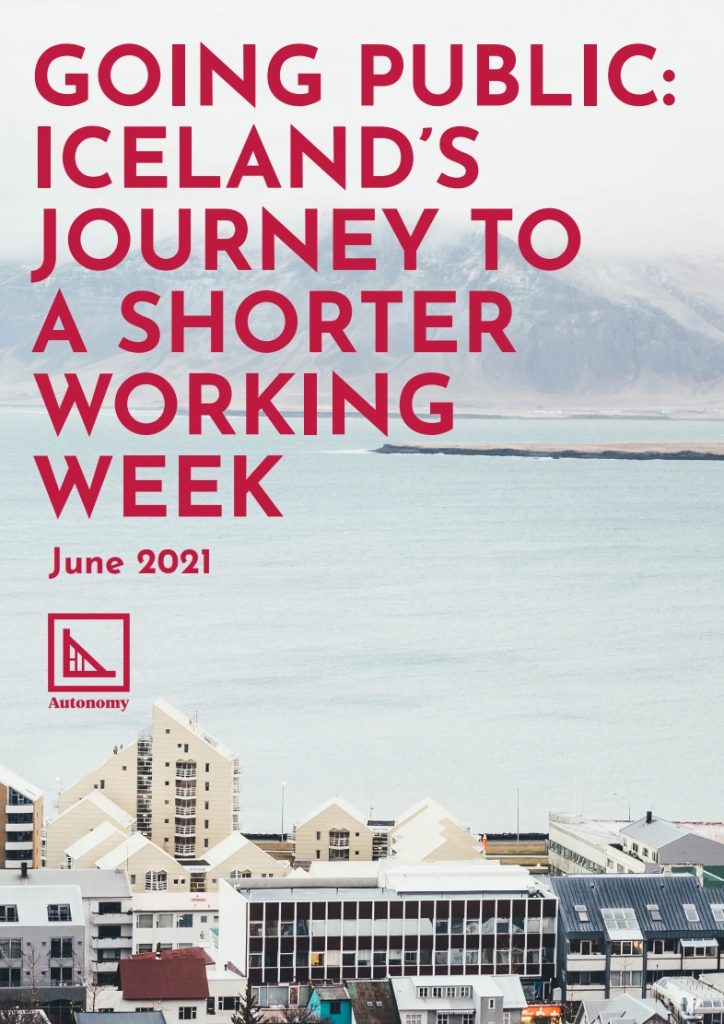
Since 2014, a social experiment examining the effect of reduced working hours on productivity has been conducted on 2,500 Icelandic workers. The British think tank Autonomy, which conducted the experiment, is publishing a report summarizing the results of the experiment.
Recently, in Europe, there is a growing demand for a reduction in working hours without a pay cut. It is pointed out that workers’ free time is increasing unexpectedly by forcing reductions in commuting and working hours as the COVID-19 infection spreads from 2020, spurring this trend and the rapid transition to remote work.
The social experiment was conducted in Reykjavik, Iceland’s capital, by a city service center and a child protection agency in a highly stressful workplace for employees. The number of participants in the experiment was 66, and the working hours were reduced from 40 hours a week to 35 to 36 hours a week without a change in salary. This experiment had a great initial effect, and eventually grew to a large enough size that about 2,000 employees participated. After the end of the experiment on September 1, 2019, the participants returned to their previous working hours, but a few months after the end of the experiment, an agreement was signed to reduce working hours.
In addition, from 2017 to 2021, an experiment was conducted to reduce the working hours of 400 employees working at the Icelandic Internal Revenue Service, immigration and police stations. In all of the targeted workplaces, most of the employees work at irregular hours.
Combining the Reykjavik and Icelandic government experiments, the experiment involved more than 2,500 employees working in more than 100 workplaces. This equates to 1.3% of Iceland’s total workforce. As a result of the experiment, the 40-hour work week was reduced to 35 or 36 hours, so productivity and service did not decrease, and the participants’ overtime hours did not increase significantly.
They feel the need to reduce their working hours by 4-5 hours a week and fundamentally change the way they work. Although some of the participants said they struggled at first, the majority soon became accustomed to the new way of working. One of the participants said that they did not work as usual as they used to, but reviewed the way things were done and that they had a completely different work method than before, and said that people around them also collaborated.
Many workers also said that the shorter working hours made them feel better, more energetic, and less stressed, which enabled them to use their energy for other activities, such as exercising, hobbies, and communicating with friends.
Autonomy considers the Icelandic test results to be all great successes. In fact, after the experiment, 86% of all Icelandic employees reduced their working hours. In the report, Autonomy concludes that shortening the weekly working hours will become the new common sense now that it has been reaffirmed that few people want to return to pre-pandemic working conditions. Related information can be found here.


















Add comment